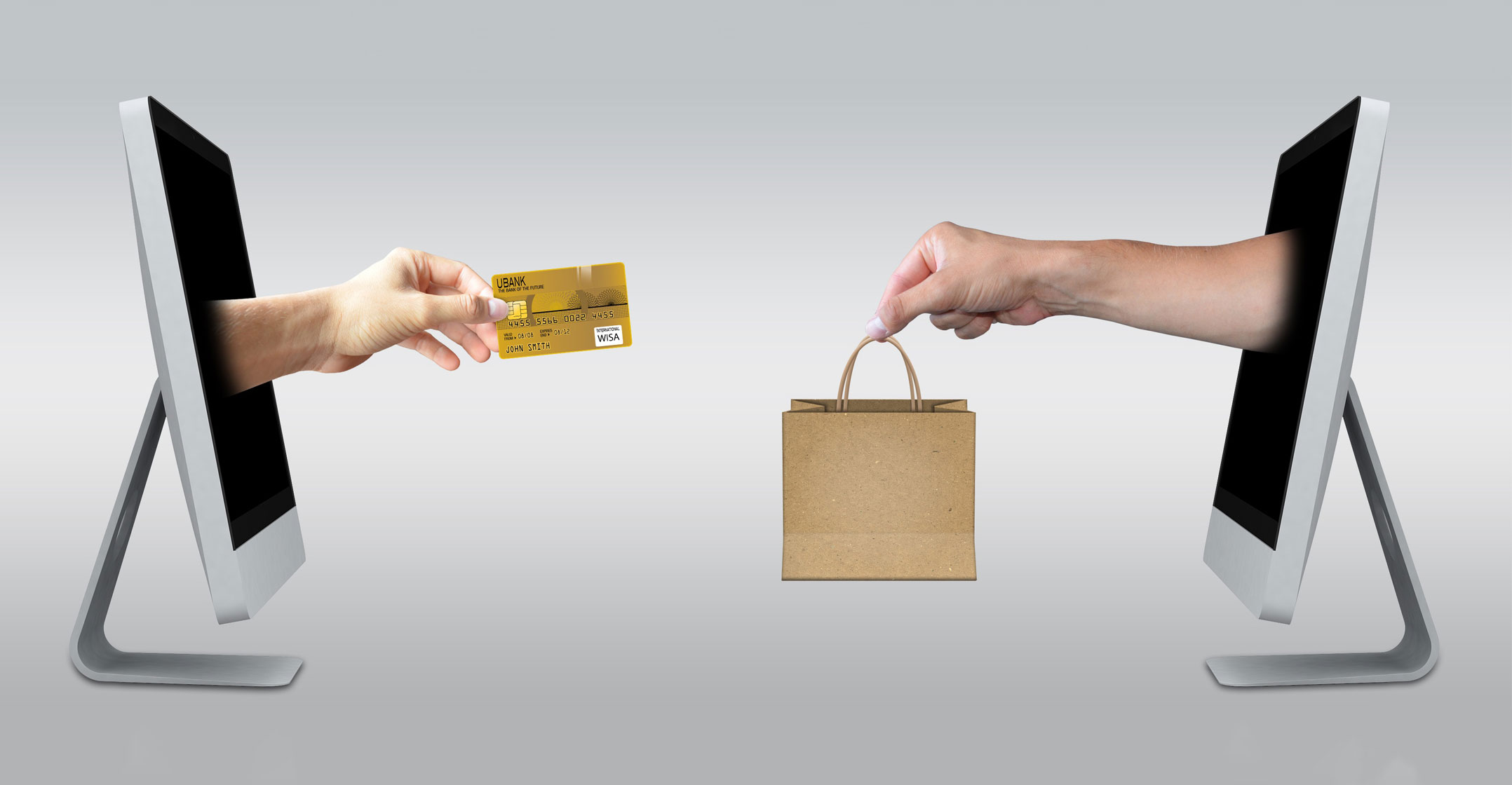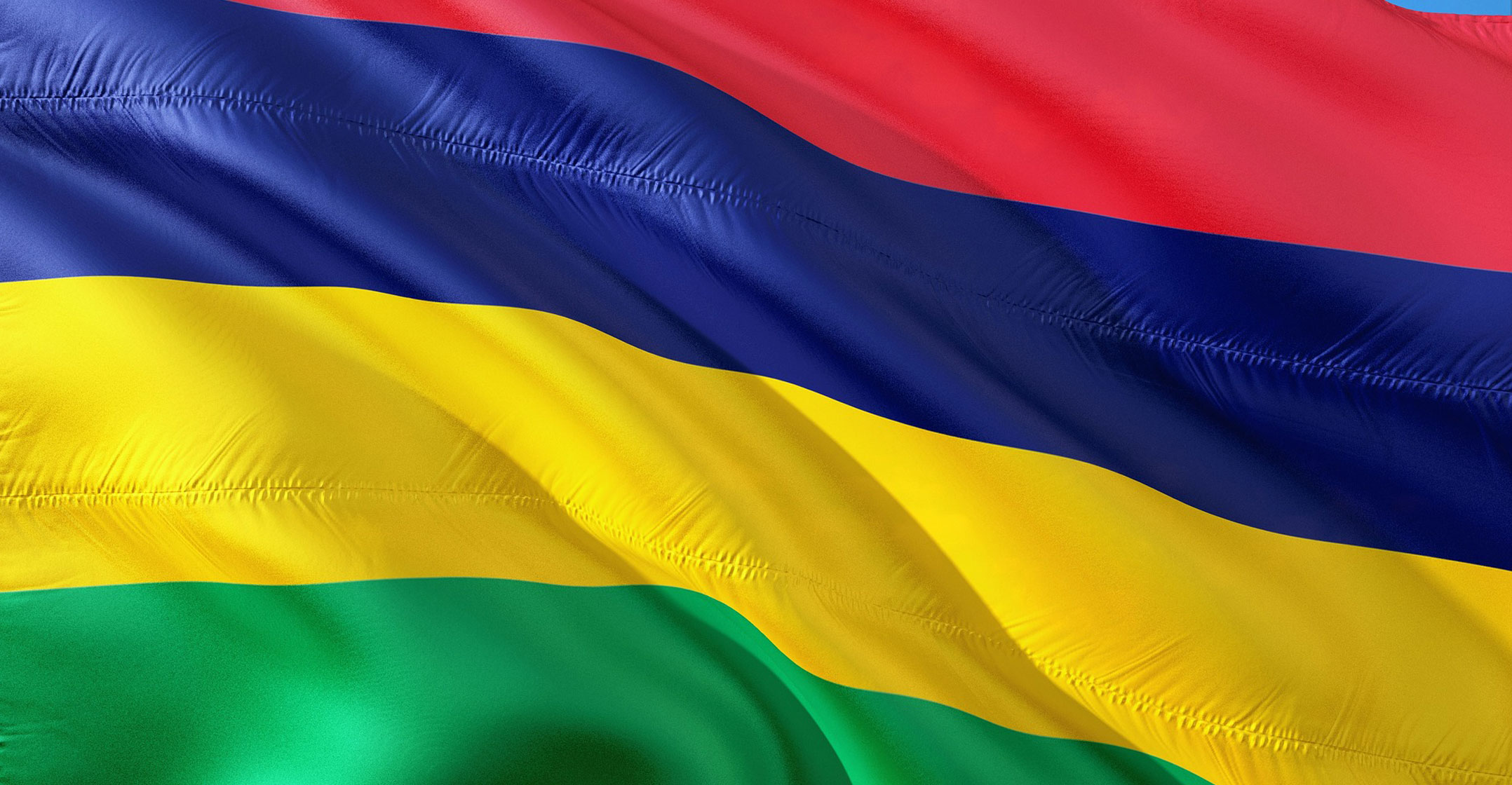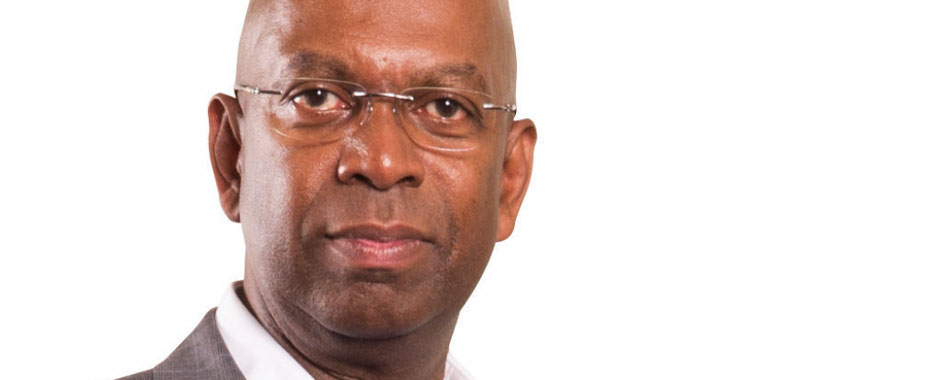 The island nation of Mauritius comes tops in Africa when it comes to readiness for online shopping, though the continent lags far behind the rest of the world, according to new research.
The island nation of Mauritius comes tops in Africa when it comes to readiness for online shopping, though the continent lags far behind the rest of the world, according to new research.
Mauritius, though topping the list in Africa, ranks 55th globally, according to Unctad’s Business-to-Consumer E-Commerce Index for 2018, released in Kenya this week. Unctad is the main United Nations body dealing with trade, investment and development issues.
Forty-three African countries feature in the 151-nation index but make up nine of the 10 bottom-ranked countries. The Netherlands, Singapore and Switzerland top the index worldwide.
“Africa trails behind the rest of the world in its preparedness to engage in and benefit from the digital economy. Three-quarters of the African population have yet to start using the Internet,” said Unctad secretary-general Mukhisa Kituyi.
However, the continent is showing progress in key indicators related to B2C e-commerce. Since 2014, sub-Saharan Africa has surpassed world growth on three out of the four indicators used in the index, Kituyi said.
“We estimate that there were at least 21 million online shoppers in Africa last year, less than 2% of the world total, with three countries — Nigeria, South Africa and Kenya — accounting for almost half of that number. Nevertheless, the number of African online shoppers has surged annually by 18% since 2014, faster than the world average growth rate of 12%.”
Top three
The top three African countries in the index each has a distinctive strength in one of the four areas measured by the index, which not only counts numbers of online shoppers but measures ease of payment and delivery.
Mauritius has a considerable 12-point higher score than the next African country. The island nation scores relatively high in all four areas but particularly in the share of the population having a bank or mobile money account (90%).
Nigeria, the most populous African nation, ranks second, largely thanks to a significant increase in postal reliability as measured by the Universal Postal Union. As Africa’s largest B2C e-commerce market (regarding both number of shoppers and revenue), reliable delivery of products is critical.
 South Africa is third, with around six in 10 inhabitants using the Internet in 2017. South Africa leads by some margin in the number of secure Internet servers per million people — an indication of websites accepting online sales and payments.
South Africa is third, with around six in 10 inhabitants using the Internet in 2017. South Africa leads by some margin in the number of secure Internet servers per million people — an indication of websites accepting online sales and payments.
Unlike developed markets, such as in the European Union, where 68% of Internet users made an online purchase in 2017, the corresponding figure in Africa was only 13% on average in 2017. — © 2018 NewsCentral Media


